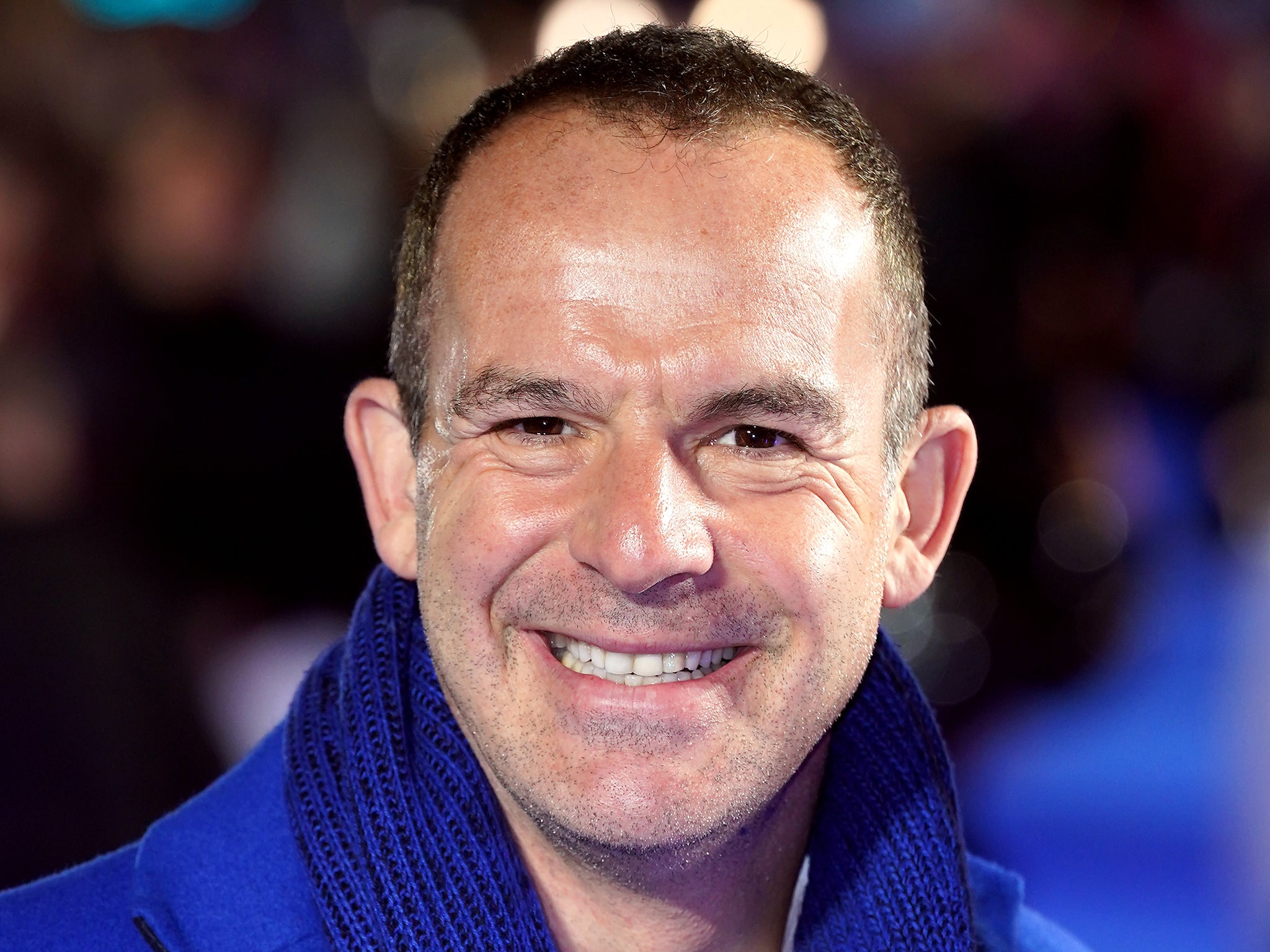Martin Lewis explains how energy price cap will affect customers
Money Saving Expert says the changes are ‘mostly irrelevant’ for bill payers. Here’s why

Your support helps us to tell the story
From reproductive rights to climate change to Big Tech, The Independent is on the ground when the story is developing. Whether it's investigating the financials of Elon Musk's pro-Trump PAC or producing our latest documentary, 'The A Word', which shines a light on the American women fighting for reproductive rights, we know how important it is to parse out the facts from the messaging.
At such a critical moment in US history, we need reporters on the ground. Your donation allows us to keep sending journalists to speak to both sides of the story.
The Independent is trusted by Americans across the entire political spectrum. And unlike many other quality news outlets, we choose not to lock Americans out of our reporting and analysis with paywalls. We believe quality journalism should be available to everyone, paid for by those who can afford it.
Your support makes all the difference.Ofgem announced on Thursday morning that the price cap will rise to £4,279 from 1 January.
The energy regulator reviews the price cap quarterly and is due to give its next update in March.
Martin Lewis, founder of the Money Saving Expert website, said January’s changes were “mostly irrelevant” because household bills have been “dictated by the energy price guarantee”.
The energy price guarantee, announced by Rishi Sunak earlier this year, came into effect in October and will save the typical household around £700 this winter, according to the government.
The price cap reflects the maximum amount a customer can be charged per unit of gas and electricity.
It does not cap the total cost of your bill and customers can be charged in excess of £4,279 if they burn through enough energy.
Energy is charged per unit, so those who use more can spend more.
The government scheme limits the unit cost of electricity and gas to 34p per unit and 10.3p per unit respectively.

“The price cap is based on wholesale rates (with a time lag) and dictates what energy firms can charge,” Mr Lewis explains further.
“When the cap is higher than the guarantee (as it is now) the state pays the difference, household bills are still at the guarantee rate.”
The Money Saving Expert added: “On typical use the price cap’s currently £3,549/yr, so £1,049/yr above the guarantee, the difference is basically a govt subsidy to energy retailers.
“If in a hopeful future, the cap moved below the guarantee we’d pay the lower rate.”
Without government support, the average household would be paying around £4,279 for its energy under the new cap.
The changes mean that the government will have to pay more to support households with their energy bills.
Experts at energy consultancy Auxilione estimate the new cap will cost the government around £15.1bn to subsidise household bills between January and March.
Jeremy Hunt, the chancellor, has hinted that the scheme could end after April next year.



Join our commenting forum
Join thought-provoking conversations, follow other Independent readers and see their replies
Comments